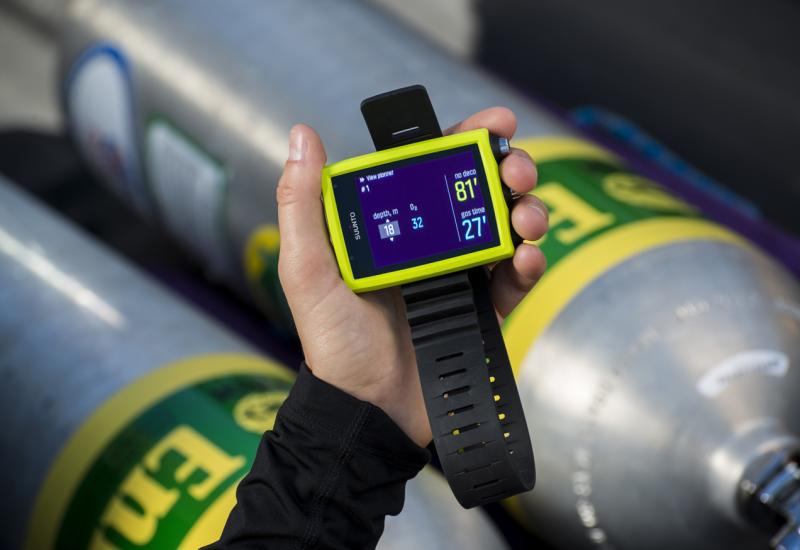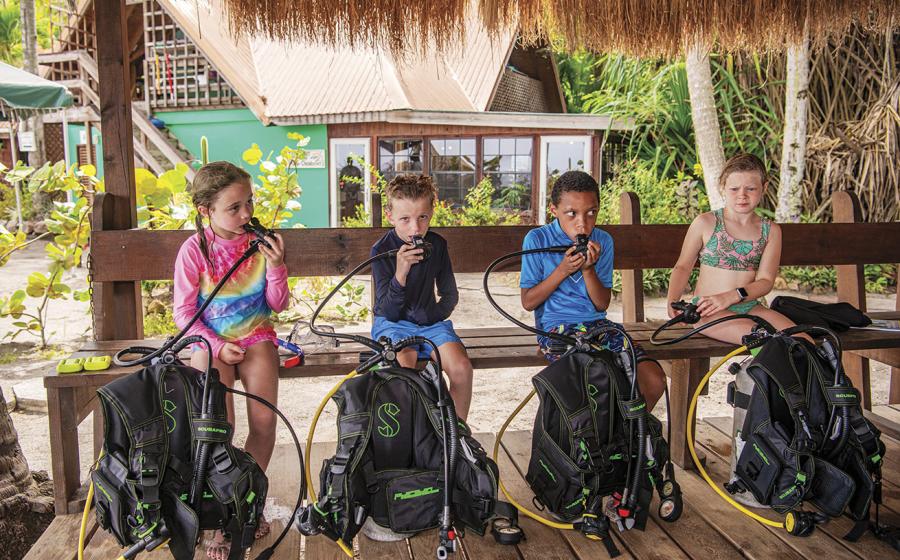Is It Safe to Take Decongestants Before Diving?

Divers Alert NetworkBefore you head to the pharmacy, here is what you need to know about taking decongestants before diving.
One of the first scuba skills you were taught was how to equalize your ears. Descending without equalizing often causes intense pain and can rupture the eardrum leading to long-term hearing loss and vertigo.
To help with equalization, some divers use decongestants like pseudoephedrine hydrochloride (Sudafed) or oxymetazoline (Afrin). However, decongestants have potential risks that should be considered before use.
Why Can't I Equalize?
Equalization is the process of balancing the pressure of the middle ear with the pressure of the surrounding environment. The outer ear is open to the environment and equalizes passively. However, the middle ear is blocked by the eardrum. To equalize the middle ear, air must pass through the Eustachian tube that connects your middle ear with the back of your throat and nose.
Some divers have difficulty equalizing because of their anatomy—they may have smaller or curvier Eustachian tubes, making it difficult for air to flow through. Other divers may experience seasonal allergies or colds that can increase mucus production and inflammation, which plug the Eustachian tubes and sinuses. This, too, can make equalization difficult and cause a sensation of fullness in the ear. Hydrating properly may help to thin the mucus and aid in equalization.
Related Reading: Top Techniques to Equalize Your Ears When Diving
Decongestant Use For Diving
Decongestants may temporarily relieve congestion, but there are a few reasons to be cautious with (and perhaps avoid) using them in the context of diving.
Decongestant nasal sprays can cause rebound congestion when they wear off. If the decongestant effect wears off during the dive, the diver may be at risk of a reverse block, resulting in barotrauma (reverse squeeze) during the ascent. Prolonged use (more than three days) can cause persistent rebound congestion lasting weeks to months.
Decongestants can cause mild stimulation of the central nervous system and side effects such as nervousness, excitability, restlessness, dizziness, weakness and a forceful or rapid heartbeat. Before diving with any drug, you should have experience taking it on land.
Decongestants may increase one’s risk of oxygen toxicity. A 2013 study on rats conducted by DAN and the University of South Florida found that while normal doses of pseudoephedrine do not increase the risk of seizures, there was tremendous individual variability in results. The researchers concluded that the recommended daily dose of pseudoephedrine should not be exceeded before diving, especially when diving deep or using gases other than air. Be sure to check the active ingredients in any medications you take to ensure you are not unintentionally taking more than the recommended dose!
Recommended Alternatives
There are other ways to deal with congestion so you can still enjoy your dive. For example, some equalization methods may be more effective.
Most divers learn to pinch their nose and gently blow against it. However, other techniques may work better for you. These include Toynbee, Lowry, and Edmonds maneuvers. If you would like to learn more about these techniques, Divers Alert Network has an article with descriptions of each of these equalization methods available online.
Another alternative to decongestants is using a humidifier, warm compress or nasal irrigation device like a neti pot. These techniques can help to thin and flush out any mucus buildup.
Related Reading: What Is Inner Ear Decompression Sickness?
If you suffer from frequent allergies or congestion, consider speaking with a doctor who may recommend antihistamines or steroids to control your symptoms. As with any medication, make sure you know how they affect you before you go diving.
Diving is an incredible experience, and, understandably, you may not want pesky seasonal allergies or a cold to hold you back. However, be cautious about what medications you plan on taking before diving. If you are often unable to equalize or experience frequent pain or nosebleeds when diving, call DAN, see your doctor, or find an ear, nose and throat specialist (ENT/otolaryngologist) for additional advice.










